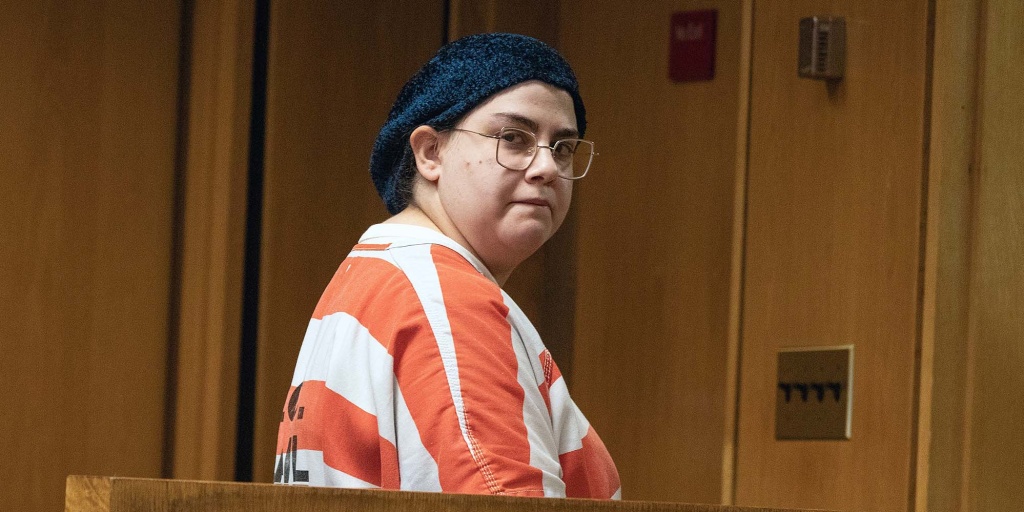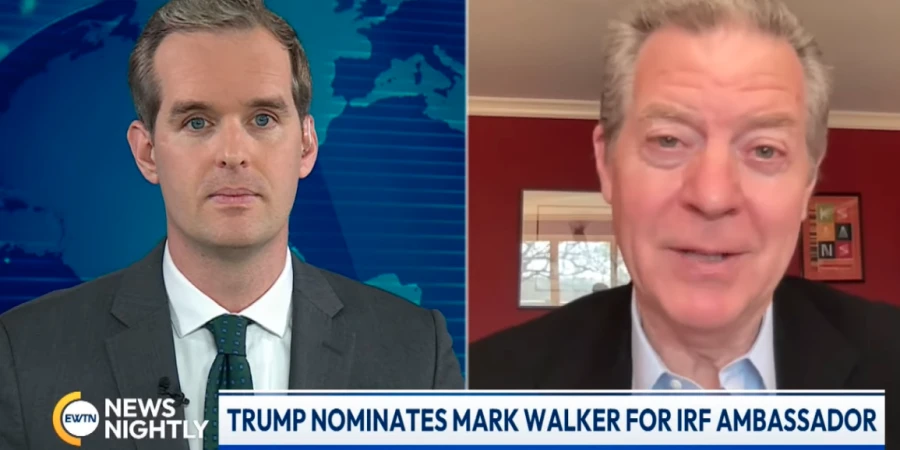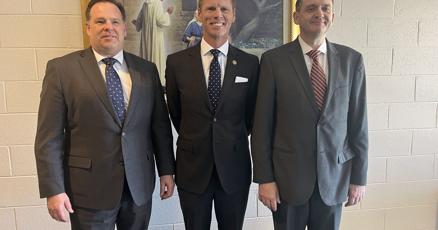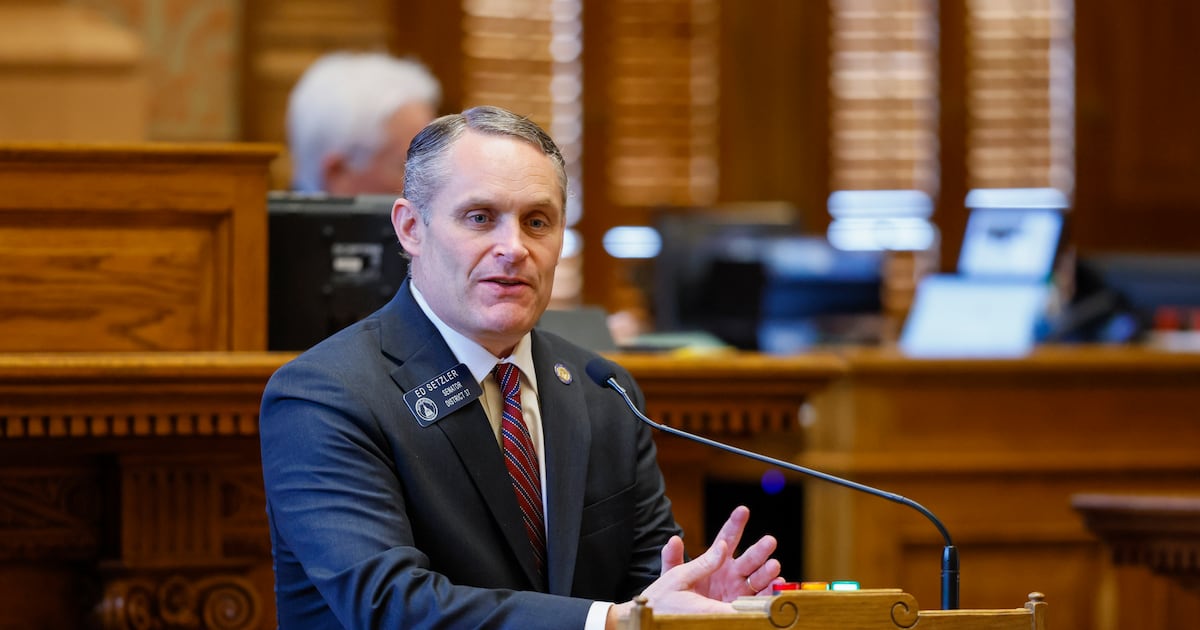Faith Goes Viral: How Catholic Creators Are Winning Gen Z's Hearts on TikTok
Religion
2025-04-13 07:39:36Content
-1.jpg)
A Digital Revival: How Christian Influencers Are Reconnecting Young People with Faith
Ash Wednesday masses across France have witnessed an extraordinary phenomenon this year, with packed churches and a notably younger congregation. The driving force behind this spiritual resurgence? Christian social media influencers who are transforming religious engagement through innovative digital content.
These dynamic online personalities are breaking down complex theological concepts into digestible, relatable video content that resonates with younger generations. By leveraging platforms like YouTube, TikTok, and Instagram, they're demystifying religious traditions and making faith feel accessible and relevant.
The massive turnout at Lenten services suggests their strategy is working. Young people who might have previously felt disconnected from traditional religious practices are now actively participating, inspired by influencers who speak their language and address contemporary spiritual questions with authenticity and passion.
This digital approach to faith outreach represents a significant shift in how religious communities connect with younger demographics, proving that traditional spirituality can coexist and thrive alongside modern communication technologies.
Digital Disciples: How Christian Influencers Are Revolutionizing Faith for the Younger Generation
In an era of digital transformation, traditional religious practices are experiencing a remarkable renaissance, driven by an unexpected force: social media influencers who are bridging the gap between ancient spiritual traditions and contemporary youth culture. The landscape of religious engagement is undergoing a profound metamorphosis, challenging long-held perceptions about generational disconnection from faith.Rekindling Spiritual Connections in the Digital Age
The Social Media Spiritual Revolution
The emergence of Christian content creators has fundamentally transformed how younger generations interact with religious narratives. These digital evangelists leverage platforms like TikTok, YouTube, and Instagram to deconstruct complex theological concepts into digestible, engaging content that resonates with millennials and Gen Z. By employing storytelling techniques, relatable personal experiences, and visually compelling narratives, these influencers are dismantling traditional barriers that once seemed insurmountable. Their approach goes beyond mere digital proselytization; it represents a nuanced understanding of contemporary communication strategies. These influencers recognize that modern audiences crave authenticity, vulnerability, and contextual understanding. They're not simply preaching; they're creating immersive spiritual experiences that feel genuine and personally relevant.Technological Accessibility and Spiritual Engagement
The technological landscape has become an unprecedented conduit for spiritual exploration. Christian influencers are utilizing sophisticated multimedia strategies that transform passive consumption into active engagement. Interactive livestreams, podcast-style theological discussions, and visually rich content are redefining religious education. These digital platforms offer unprecedented accessibility, allowing individuals to explore spiritual questions from the comfort of their personal spaces. The traditional church model of mandatory physical attendance is being complemented—and in some cases, replaced—by dynamic online communities that transcend geographical and institutional limitations.Demographic Transformation in Religious Participation
Recent observations from mass gatherings like Ash Wednesday demonstrate a remarkable trend: younger demographics are reconnecting with religious traditions through digital intermediaries. This phenomenon isn't about replacing traditional religious institutions but reimagining them for a technologically native generation. The influencers' success lies in their ability to contextualize ancient teachings within contemporary frameworks. They address modern challenges, mental health concerns, and existential questions through a spiritual lens, making religious discourse feel relevant and urgent.Psychological and Sociological Implications
The digital spiritual movement represents more than a technological trend; it's a profound sociological shift. These influencers are effectively creating new models of community, belonging, and meaning-making. By democratizing religious discourse, they're challenging hierarchical structures and offering more inclusive, personalized spiritual experiences. Psychological research suggests that this approach addresses fundamental human needs for connection, understanding, and transcendence. The digital platform becomes a sanctuary, a space where individuals can explore complex emotional and spiritual landscapes without judgment or institutional constraints.Global Impact and Cultural Resonance
What began as a niche digital phenomenon is rapidly becoming a global movement. Christian influencers are not just reaching local congregations but creating transnational spiritual networks. Their content traverses cultural boundaries, offering universal narratives of hope, resilience, and personal transformation. The ripple effects extend beyond religious participation. These digital narratives are challenging stereotypes, promoting interfaith dialogue, and presenting spirituality as a dynamic, evolving conversation rather than a static set of prescriptive rules.Technological Innovation and Spiritual Practice
Emerging technologies like augmented reality, immersive storytelling, and AI-driven personalization are poised to further revolutionize how spiritual content is created and consumed. Christian influencers are at the forefront of this technological integration, demonstrating that spiritual growth and technological innovation are not mutually exclusive but potentially symbiotic. The future of religious engagement looks increasingly interactive, personalized, and technologically mediated. These digital disciples are not just adapting to change; they are actively sculpting a new paradigm of spiritual connection for generations to come.RELATED NEWS
Religion
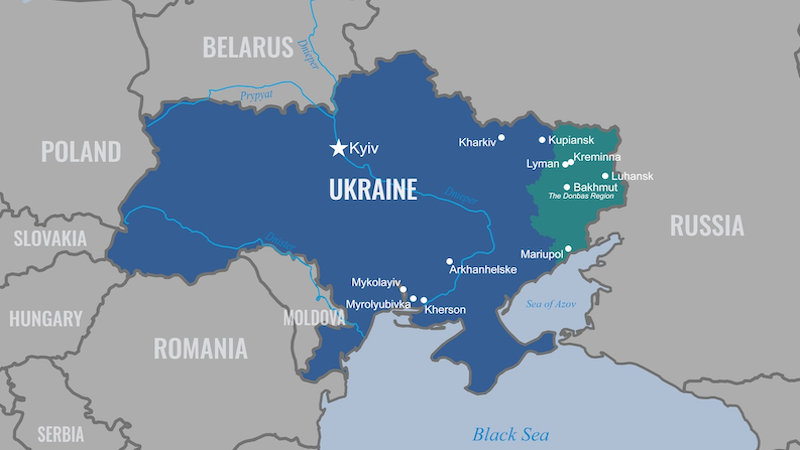
Faith Under Fire: Mapping Religious Liberties in Ukraine's Contested Territories
2025-03-05 01:02:53
Religion

Divine Diplomacy: Mastering Religious Strategies in Civilization 7's Epic World-Building Simulator
2025-02-26 01:15:17

